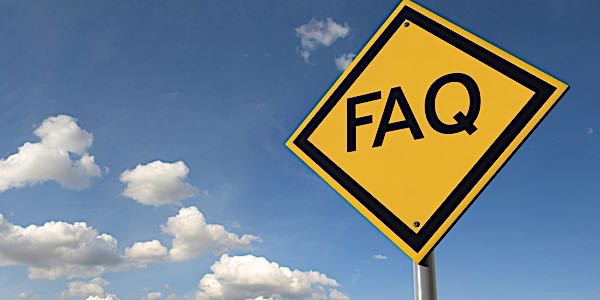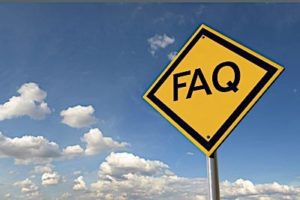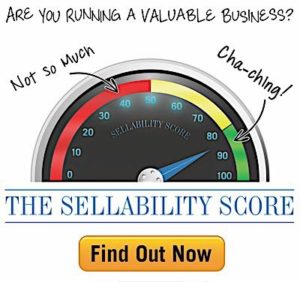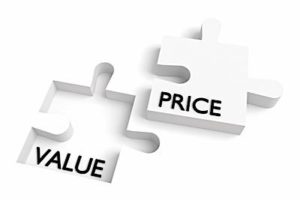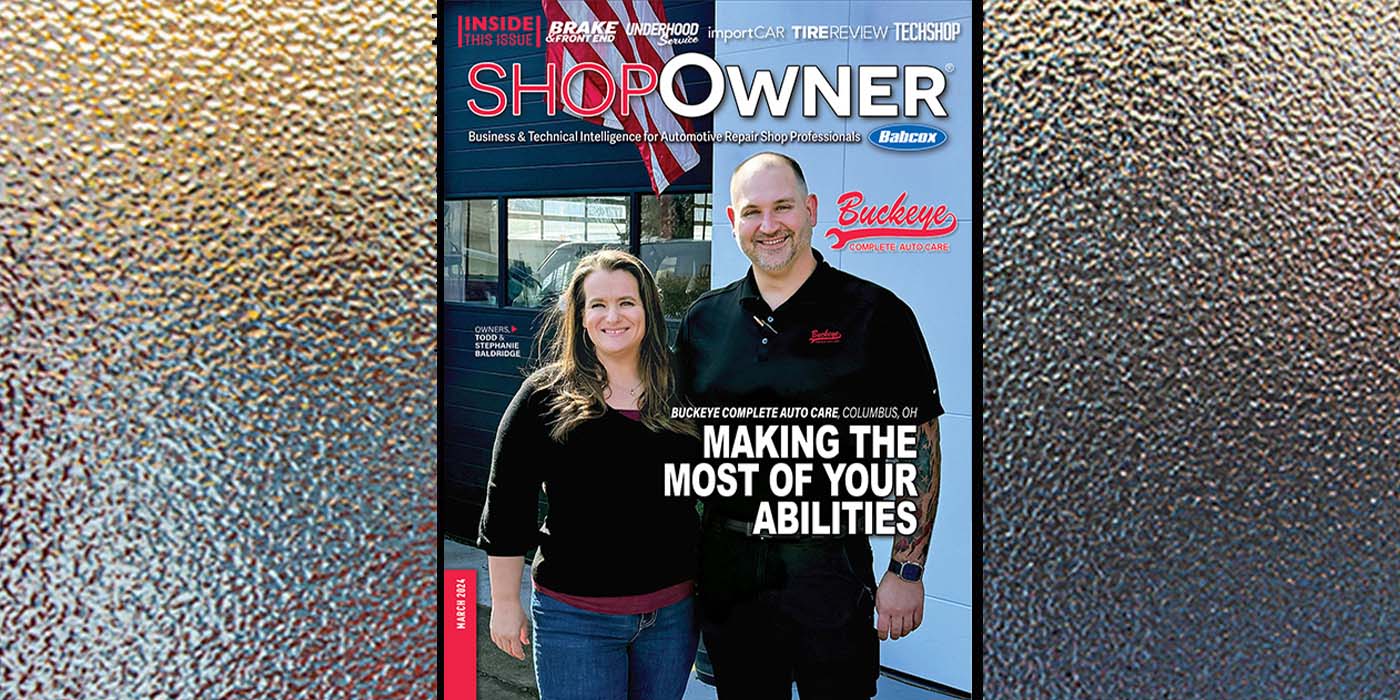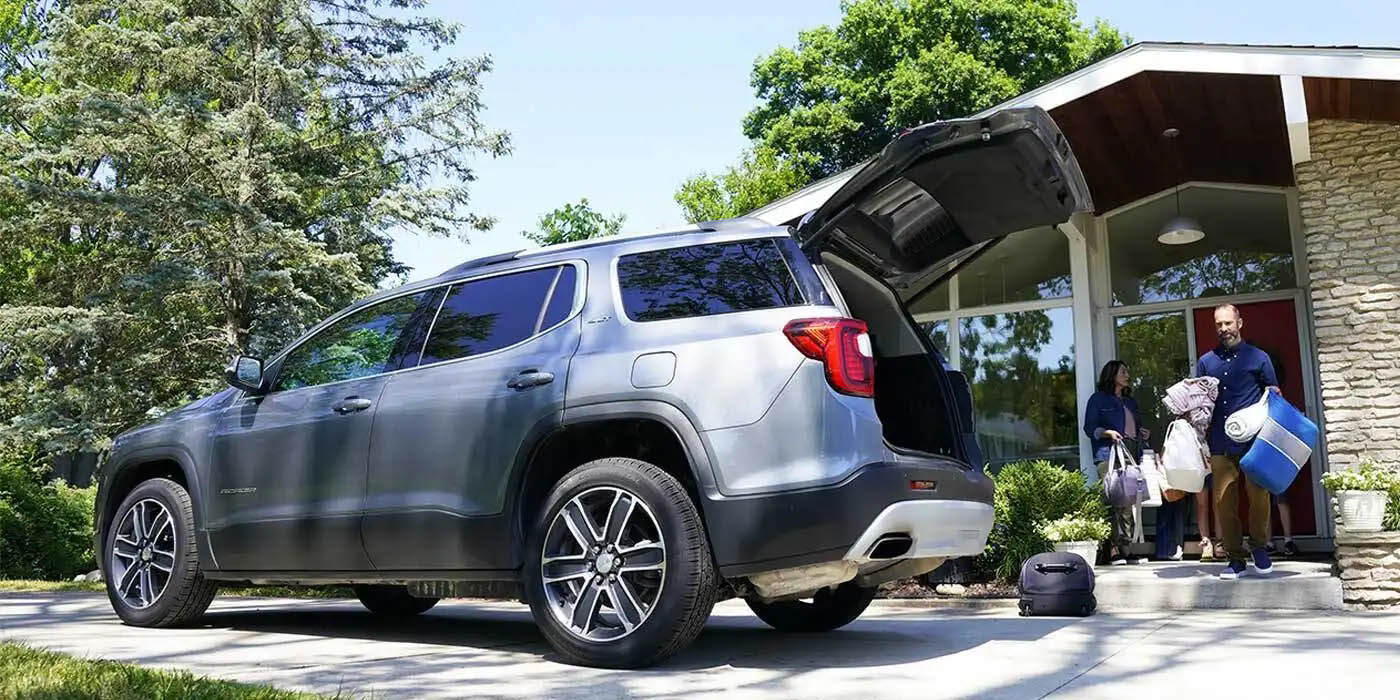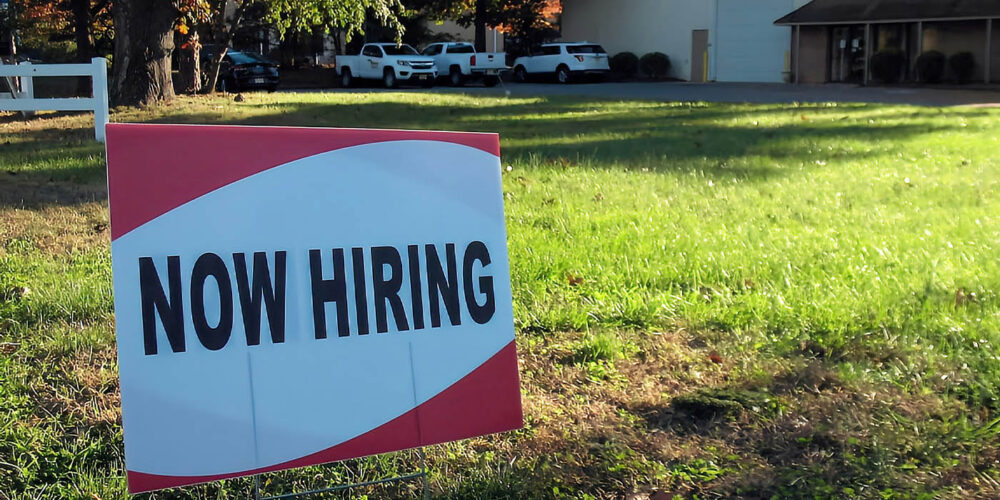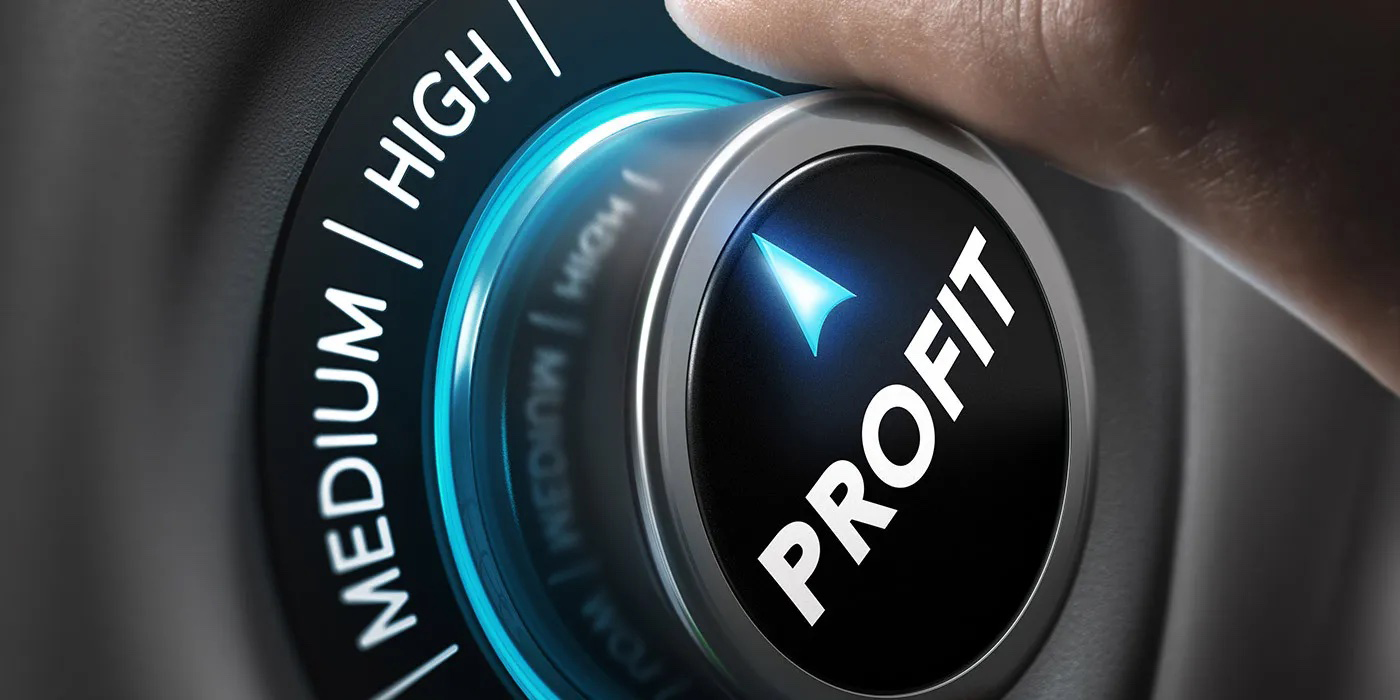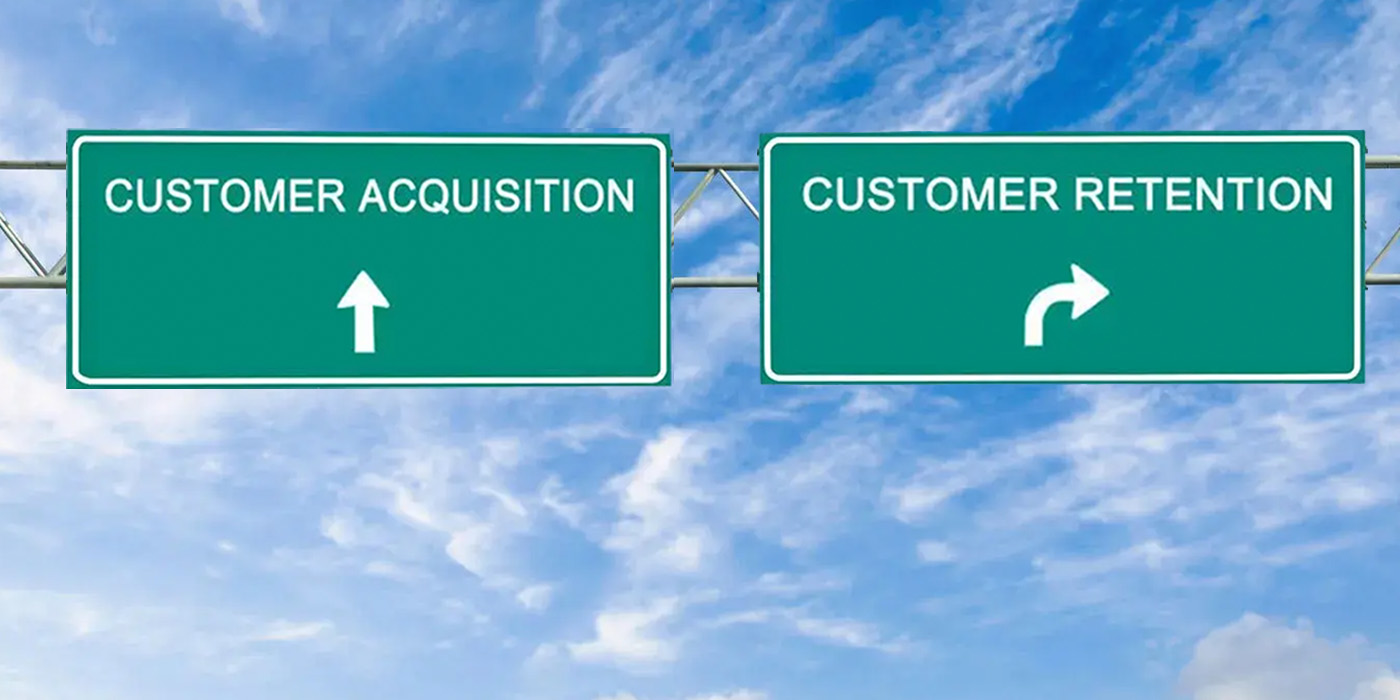How a Broker Specializing in the Auto Service Industry Can Help You Maximize Your Shop’s Value by Creating a Specific Marketing Strategy and Package Customized for Your Business.
The decision to sell your business is one of the most important decisions of your lifetime. Turning your operation into cash is a complex matter involving a number of variables, many of them unique to your business and to the auto service industry. Additionally, you may be facing an uncertain economy, unbridled competition and sophisticated buyers.
If you are contemplating the sale of your auto service business, you may have some of the following frequently asked questions:
Why Use a Business Broker?
The process of buying or selling a business requires dedication and the attention of a professional with the knowledge of the complete process flow of a business transaction, as well as a team in place to accomplish every aspect of the transfer. Marketing and facilitating a business transfer is a full-time job! You deserve someone who will work as hard as you do. A qualified broker will save business owners and prospective buyers money by helping them avoid costly mistakes, effectively marketing the appeal of the business, and maximizing exposure to serious, qualified buyers — all with complete confidentiality.
Business brokers act as sales intermediaries who professionally orchestrate business sale transactions. Establishing a relationship with a professional intermediary with decades of experience in the automotive aftermarket and hundreds of buyer contacts increases the likelihood that your business will sell in less time and for a higher purchase price.
If you are interested in selling your business and don’t know the answer to any of the questions below, you could benefit from the assistance of a professional broker (and you are not alone!).
- How do you reach qualified buyers, including possible competitors, without disclosing your intention to sell?
- How do you evaluate your business objectively to ensure you receive top dollar for your investment and avoid costly negotiating tactics?
- How do you prepare and provide the information a prospective buyer will require to interest him in pursuing your business in favor of other options?
- How do you arrive at the best price and terms, including the intangible and goodwill values of your business?
- How do you maximize your favorable exposure to potential offers while minimizing your potentially damaging public exposure to customers, competitors, employees and suppliers?
- How do you market your business in all of the appropriate markets, databases and media efficiently, effectively and confidentially?
- How do you screen and pre-qualify buyers, determine their motivations, managerial capabilities and financial strength?
- How do you effectively sell your business, diverting significant time, effort and resources to that process, while continuing to manage your ongoing business productively?
Business owners have focused their entire lives on growing and developing their businesses and seldom know how to answer all of the above questions. That is where a professional business broker can come in. The sale of your business demands a professional, just as running your business has demanded your professional attention.
What Affects the Selling Price of My Business?
Many business owners would like to receive an “all cash” offer, especially if they are retiring and choosing a lifestyle that demands a complete financial and legal separation from their business. Fortunately, I have relationships with many large national and regional corporate chain buyers who have the financial resources to make all-cash deals and close the transaction in a relatively short period of time. As a general rule, however, buyers who are in the unique position to make an all-cash offer without a contingency for third-party financing will strive for a discount in the selling price.
Most businesses sold above $150,000 are sold with 15% – 25% buyer equity down and a lending institution financing the balance. Businesses that are not sufficiently profitable to qualify for bank financing may be financed by the seller, with 25% – 75% down from the buyer. Down payment “terms” are a key factor, because a buyer is trying to buy as much business as possible for the money available for down payment.
Obtaining a “pre-qualification letter” from a bank greatly enhances the marketability of a business. It provides credibility for the buyer that the business financials have been reviewed by a lending institution who is willing to finance the purchase, along with additional working capital.
A second critical factor is the quality of the information provided to a prospective buyer. The value of the assets and cash flow generated by the business must be provable and verifiable. A professional business broker will be able to assist the business owner in arriving at these values.
The third most important factor that affects the sales price of a business is whether there is competition among prospective buyers for the business. Competition creates higher selling prices, as we all know from basic economic principles. When a business owner asks for more than the fair market value for their business or does not offer reasonable terms, there will be few, if any, buyers who are interested in acquiring the business.
On the other hand, when a business is priced realistically and with proper terms, multiple buyers are likely to pursue acquiring the business. A buyer who knows he has other buyers competing for the business will be motivated to offer the price being asked to ensure he does not lose the business to another buyer’s better offer.
How Long Will It Take to Sell My Business?
Due to the confidential nature of a business sale, it typically takes longer to sell a business than a house or commercial real estate. A business broker can advertise your business while maintaining the confidentiality of your business name and specific location, but obviously you don’t want a big For Sale sign placed on the building.
On average, most businesses are sold within four to 12 months; however in 2017, I sold a business in 67 days and one took over two years to find the perfect buyer. If your business is in the automotive aftermarket, I will immediately notify the candidates in my buyer database who might be interested in your business. I represent a number of automotive chains who have identified target markets for expansion. Many of these large buyers can proceed quickly and do not require seller or third-party financing.
As a specialist in the automotive aftermarket, I am constantly seeking new buyers and many are approaching me looking for business opportunities. The next one may be a perfect candidate to purchase your business.
What Do I Need To Do To Help Sell My Business?
The first thing you need to do is offer the business at a realistic price and with reasonable terms. You need to provide as much information as possible to the broker so a professional marketing package, including a Confidential Business Review, can be prepared on your company. The quality of detailed and comprehensive “CBR” will greatly enhance the “sellability” of a business and includes the financial, operational and historical information about the business. Informed buyers make better offers. Other things a seller can do are:
- Continue to run your business in a normal manner.
- Keep the business clean and organized (on paper and in person), so potential buyers will like what they see.
- Liquidate or set aside obsolete inventory and unneeded equipment before you place the business on the market.
- Notify your broker of any material changes in your business.
- Forward monthly financial statements to the broker as soon as they are completed.
- Avoid direct negotiations.
- All offers and counter-offers should be in writing and should be presented by the broker.
What is Your Step-by-Step Process For Selling My Business?
1. Consultation
At the initial meeting, I will review with you the detailed process for the sale of your business. You will let me know your goals and motivation for selling. We’ll get to know each other and hopefully reach a comfort level for proceeding further. There is no charge or obligation for my initial consultation.
2. Obtaining The Facts
Using a sophisticated and detailed process, I will gather and assemble information concerning company history, financial status and other pertinent data for the evaluation of your business. If you have not already completed The Sellability Score of your business, which is an interactive tool accessible on my website, now is a good time to do so. It offers a comprehensive assessment of the “sellability” of your business and will score your business in a number of key areas and tell you and me just how sellable your business is. Thousands of business owners worldwide have benefitted by participating in this free questionnaire.
To make the Sellability Score even more pertinent to the automotive aftermarket, I have supplemented the standardized on-line questionnaire with an additional set of questions designed specifically to examine the key factors used by buyers to determine which auto service business to buy and how much to offer.
3. Most Likely Selling Price
After a detailed analysis of your tax returns, financial statements, payroll and owner benefits analysis, I will provide a range of the Most Likely Selling Price of your business. It is important for both the broker and the business owner to agree on the “Asking Price” for the business that will be advertised and a “Minimum Price” that meets the owner’s minimum expectation, after negotiations with the buyer.
4. Listing Agreement
With your complete understanding of the process, you and I will execute a Listing Agreement. This document allows me to proceed with the marketing and sale of your business and details the mutual understanding of the representation. Generally, the business owner is asked to make a one-year commitment to keep the business on the market, as it is difficult to predict how long it will take to find a qualified buyer and get them through the process to the finish line.
5. Business Profile
To market your business, I will prepare a discreet summary profile of business information. This information is used to confidentially advertise your business to potential buyers without disclosing your company name or specific location. A much more detailed “Confidential Business Review” is sent to seriously interested buyers once they sign a Confidentiality Agreement/Buyer Profile and have been financially qualified. Included in the Confidential Business Review is a highly complete presentation of your company history, description of facilities, competition, description of products/services offered, your reason for selling, employee information, three years of financial data, your firm’s strengths and a justification of the purchase price.
6. Marketing Strategy And Plan
I will develop and execute a customized marketing plan to sell your business as quickly as possible and for the maximum selling price. Your business will immediately be publicized to the network of potential buyers that I’ve created over the past 35+ years and I’ll do a targeted email blast to buyer prospects in my 25,000+ database who have inquired about automotive aftermarket businesses in your state.
Your business will be advertised in multiple Internet listing services and other appropriate publications and media. I will keep in contact with you at the frequency that you desire, advising you of all responses regarding buyer inquiries, calls, interviews and potential site visits. If you wish, we can schedule a weekly conference call to review progress.
7. Buyer Qualification
I will carefully screen all prospective buyers before they have access to any information about your company. All buyers must complete an information profile, including their background, experience and financial capabilities, so that you won’t be bothered by time-wasting tire kickers.
8. Offer to Purchase
A seriously interested and qualified buyer will be scheduled to tour your business. This is your chance to show the prospective buyer your facilities and discuss the strengths of your enterprise. To the extent that you might be offering partial seller financing or leasing a building that you own, this is also the time for you to ask questions and gauge the buyer’s capability to run your business successfully. This is your opportunity to directly speak with the prospective buyer.
Depending on your location and the date for the tour, I may or may not be able to attend. I will then provide guidance to the buyer and work with him/her to prepare a written Offer to Purchase, which details the terms of the transaction.
9. Negotiation
I will review the Offer to Purchase with you, and together we will formulate a negotiating strategy, which I will then orchestrate between you and the buyer. I will offer recommendations to reach a “win/win” deal and offer consultation as needed in areas such as creative financing, non-compete agreements, employment contracts, etc. Hopefully, there would be multiple buyers interested in your business and we are then strategizing on how to get the buyer candidate of your choice to pay the highest sales price possible.
10. Closing
Once you have accepted the buyer’s offer, a checklist of tasks, milestone dates and a target closing date is set. If a bank/SBA will be financing the transaction, there is a series of steps and documents that will be required to secure a lending commitment letter, outside appraisal and other conditions needed for closing. I will work with you and each party’s lawyer to negotiate binding purchase documents. During a defined time period, the buyer will perform a due diligence process to validate the business information that has been disclosed. Any hitches in the process will be addressed promptly and professionally.
How Do I Choose The Best Business Broker For My Needs?
If you choose to sell your business, you will need all the help you can get. Take your time in selecting a business broker who you are comfortable with, one whom you feel will be by your side every step of the way. A careful decision is often made based upon a review of the “pros and cons.”
What Fees Are Charged to Sell My Business?
I can answer for myself, although other brokers may have differing policies. I charge a “Success Fee” for selling your business, which is a percentage of the sales price, with a minimum fee. The details and terms are specified in the Listing Agreement. The Success Fee percentage varies between 8.5% to 12% based upon the size of the deal, and I offer options for structuring the fee. The fee is typically less if I am being asked to facilitate a sale to an employee.
How Long Am I Expected to Train The New Buyer?
The level of training is dependent on the complexity of your business and the level of expertise of the buyer. Usually, two weeks of full-time training is appropriate, with follow-up consultation as needed. In a larger or more complex business, training may take several months and a separate consulting agreement would be agreed upon by the parties. Of course, if you will be offering seller financing or leasing a building that you own, it is in your best interest to ensure that the buyer is well trained in your business.

